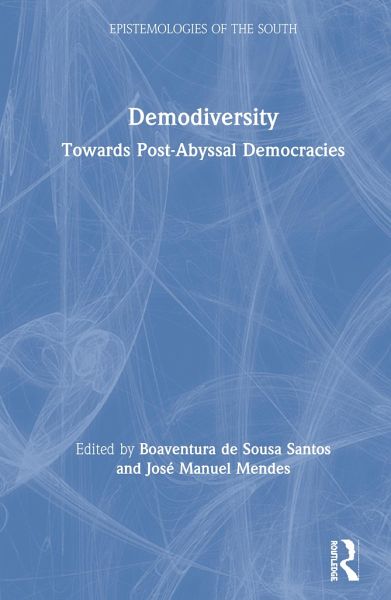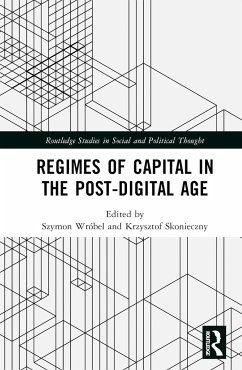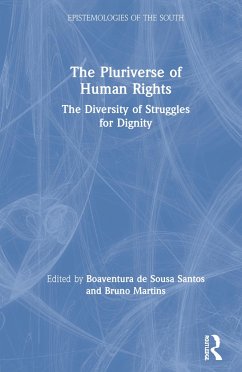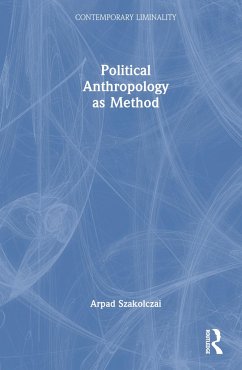
Demodiversity
Toward Post-Abyssal Democracies
Herausgeber: Santos, Boaventura; Mendes, José
Versandkostenfrei!
Versandfertig in 1-2 Wochen
186,99 €
inkl. MwSt.
Weitere Ausgaben:

PAYBACK Punkte
93 °P sammeln!
We are living in a time when social and political authoritarianism appear to be gaining ground around the world. This book presents the democratic practices, spaces and processes that engage directly with the theoretical assumptions advanced by the epistemologies of the South, summoning other contexts and empirical realities that attest to the possibility of a renewal and deepening of democracy beyond the liberal and representative canon, which is embedded within a world capitalist system. The chapters in this book put forward the ideas of demodiversity, of high-intensity democracy, of the art...
We are living in a time when social and political authoritarianism appear to be gaining ground around the world. This book presents the democratic practices, spaces and processes that engage directly with the theoretical assumptions advanced by the epistemologies of the South, summoning other contexts and empirical realities that attest to the possibility of a renewal and deepening of democracy beyond the liberal and representative canon, which is embedded within a world capitalist system. The chapters in this book put forward the ideas of demodiversity, of high-intensity democracy, of the articulation between representative democracy and participatory democracy as well as, in certain contexts, between both these and other forms of democratic deliberation, such as the communitarian democracy of the indigenous and peasant communities of Africa, Latin America and Asia. The challenge undertaken in this book is to demand utopia, imagining a post-abyssal democracy that permits the democratizing, decolonizing, decommodifying and depatriarchalizing of social relations. This post-abyssal democracy obliges us to satisfy the maximum definition of democracy and not the minimum, transforming society into fields of democratization that permeate the structural spaces of contemporary societies.














